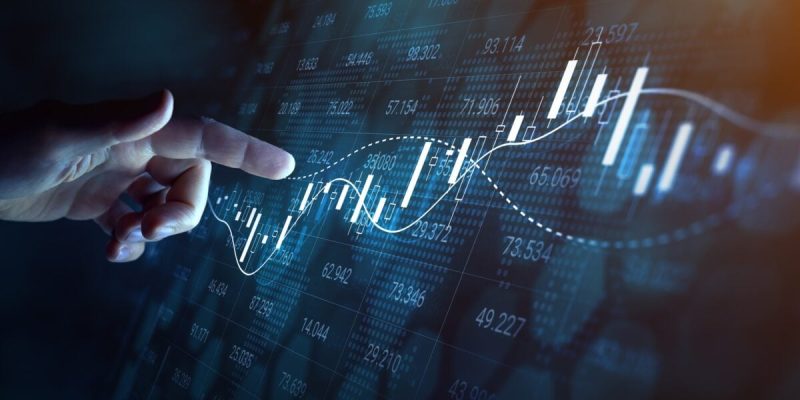
From Barter to Blockchain: The Thrilling Transformation of Forex Trading!
The Origin and Early Years
Forex trading, essentially a means of exchanging one currency for another, has incredibly humble origins stretching back to the very dawn of human civilization. Before the advent of currency, people across the globe primarily engaged in the barter system wherein commodities were swapped for other commodities based on perceived value. There existed no formalities of this system back around 6000BC, with goods such as silver, gold, crops, or livestock all being traded.
The official global forex market, as we know it today, did not take shape until much later. Still, currency exchange has a long history dating back to the ancient Egyptians, who are purportedly the first to use a form of paper documentation to represent one’s wealth. Modern Forex trading, however, had its genesis in 1944 with the Bretton Woods Agreement. Before this period, gold was the typical standard for measuring a nation’s wealth. However, this convention was amended with a new system where the U.S. dollar, pegged to gold, and other global currencies were pegged to the U.S. dollar.
The 1971 Watershed Moment
Undoubtedly, a significant turning point in the evolution of forex trading was the abandonment of the Bretton Woods system in 1971, resulting in floating exchange rates. This change made the forex market available to private investors and individuals, which significantly boosted the volume of foreign exchange trading worldwide.
Alongside this transition from gold and fiat currency towards more flexible forex standards, another significant revolution was occurring: the technology revolution. With the rise of personal computers in the 1980s, electronic trading platforms began to appear, offering table-top traders the opportunity to participate in forex markets previously only available to large financial institutions.
Digital Evolution: From Online Platforms to Artificial Intelligence
By the late 1990s, the internet provided unprecedented access to international forex markets. Easy-to-use trading platforms proliferated, with online brokerage services offering customer support, educational resources, and real-time quotes. Internet technology’s rapid growth, coupled with emerging financial tech innovations, gave rise to the phenomenon of online forex trading.
Further technological advancements fueled an ongoing transformation in forex trading platforms. The 2000s saw the emergence of MetaTrader, by far the most successful forex trading platform, which offered powerful data analysis tools and the ability to program automated trading systems. Subsequent versions of MetaTrader introduced more sophisticated features, such as the ability to copy trades of successful traders and algorithmic trading.
The technological evolution of forex trading didn’t stop there. Today, it’s not uncommon to see artificial intelligence (AI) and machine learning technologies involved in forex trading. These technologies make it possible to identify patterns and predict future trends based on large amounts of historical data.
From Barter to Blockchain: A Leap into Decentralization
In recent years, the financial world has been shaken by another game-changing technology: blockchain. This decentralized, transparent, and secure system of recording transactions has the potential to radically transform forex trading. Cryptocurrencies like Bitcoin, spin-offs of the blockchain innovation, have already established a new form of currency exchange.
Presently, blockchain solutions are being envisaged to solve crucial challenges that plague the current forex market—transparency, security, and speed. A decentralized forex could mean quicker transactions, reducing the risk associated with changes in currency value due to the time taken for a transaction to be completed.
Final Thought
The evolution of forex trading reveals a dynamic, rapidly changing landscape always piecing together new technology’s potential with the underlying universal need for exchanging value. Looking forward, as innovative technologies like AI and blockchain continue to evolve and shape the financial world, forex trading will likely see more resilience, inclusivity, and increased efficiency.
